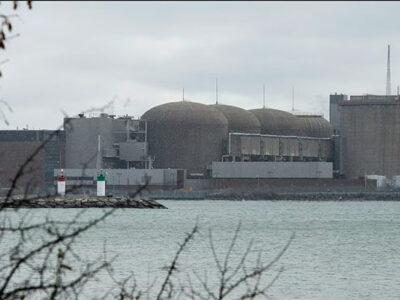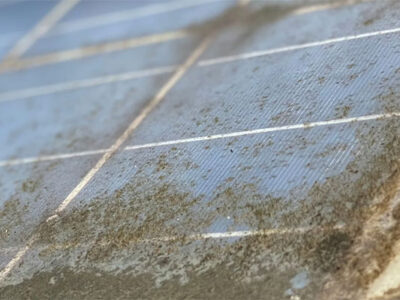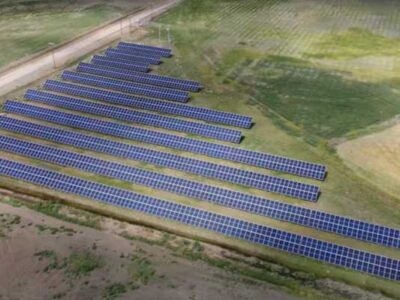California Votes to Retain System That Pays Solar Users Retail Rate for Excess Power
Regulators in California, home to more residential solar customers than any other state, agreed on Thursday to retain a system that compensates users of rooftop solar panels for their excess electricity. The decision was closely watched by energy officials and executives across the country, who are grappling with huge shifts in the power industry stemming from the spread of renewable energy.
“States pay close attention to leading markets, and they pay close attention to how changes to policy impacts markets,” jobs, consumer satisfaction and investment, said Sara Baldwin Auck, regulatory director at the Interstate Renewable Energy Council, a nonprofit policy group that supports clean energy. Ms. Auck added, “This decision creates certainty for consumers, it creates certainty for clean energy providers, it creates certainty for investors and it upholds California’s strong tradition of clean energy leadership.”
Solar panel costs predicted to fall 10% a year
Solar power costs are tumbling so fast the technology is likely to fast outstrip mainstream energy forecasts. That is the conclusion of Oxford University researchers, based on a new forecasting model published in Research Policy.
Since the 1980s, panels to generate electricity from sunshine have got 10% cheaper each year. That is likely to continue, the study said, putting solar on course to meet 20% of global energy needs by 2027. By contrast, even in its “high renewable” scenario, the International Energy Agency assumes solar panels will generate just 16% of electricity in 2050. Its widely cited future energy scenarios in previous years failed to predict solar’s rapid growth.
Funding Wind and Solar Energy Is Inefficient
We constantly hear how solar and wind energy is already cheaper than fossil fuels. A few months ago, Bloomberg Business declared that “wind power is now the cheapest electricity to produce in both Germany and the U.K., even without government subsidies.”
If renewable energy is cheaper than dirty fossil fuels, why isn’t everyone adopting them? Are we so irrationally addicted to polluting energy sources that we won’t even embrace cheaper and cleaner alternatives? Well, as you might have guessed, it turns out that wind and solar energy isn’t cheaper than fossil fuels in the real world. Quite the opposite.
How Kenya’s M-Kopa Brings Prepaid Solar Power To Rural Africa
Using the pay-as-you-go model popularised by mobile phones, a remarkable Kenyan company, M-Kopa Solar, is providing rent-to-own solar energy products that will help provide cheap solar power to rural homes.
The M-Kopa IV Solar Home System includes a solar panel, control unit, three low-energy LED light bulbs (one of which is a portable, rechargeable torch) and a rechargeable radio. The control unit also has a USB port for charging cellphones. It’s a perfect off-the-grid solar system for Africa, where land-based infrastructure is poor and electricity supply is frequently erratic.














Comments